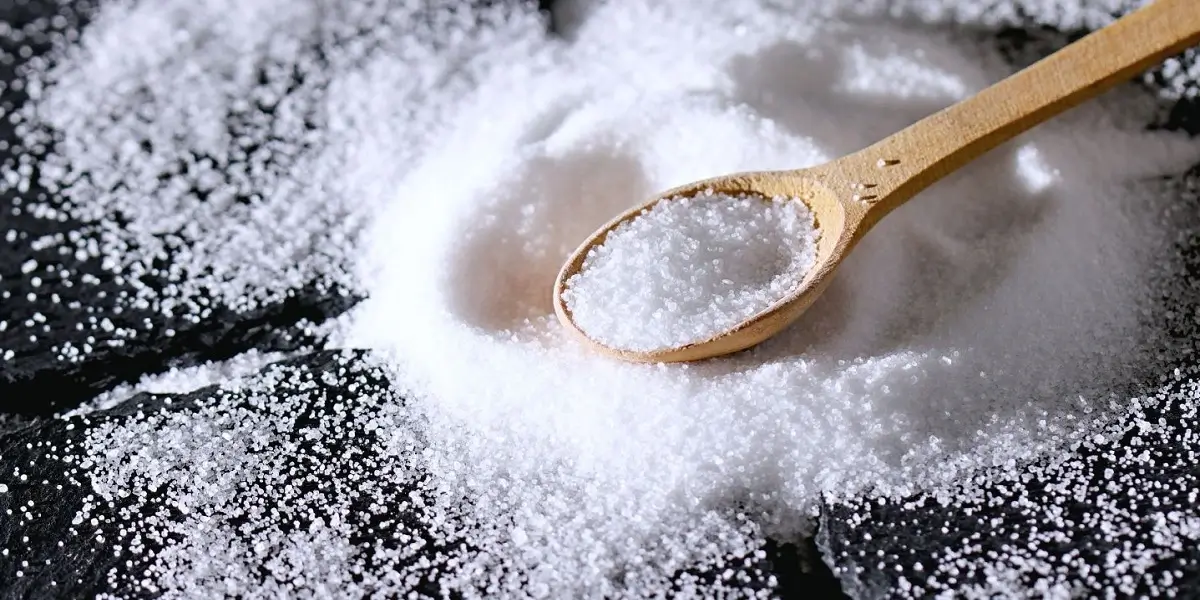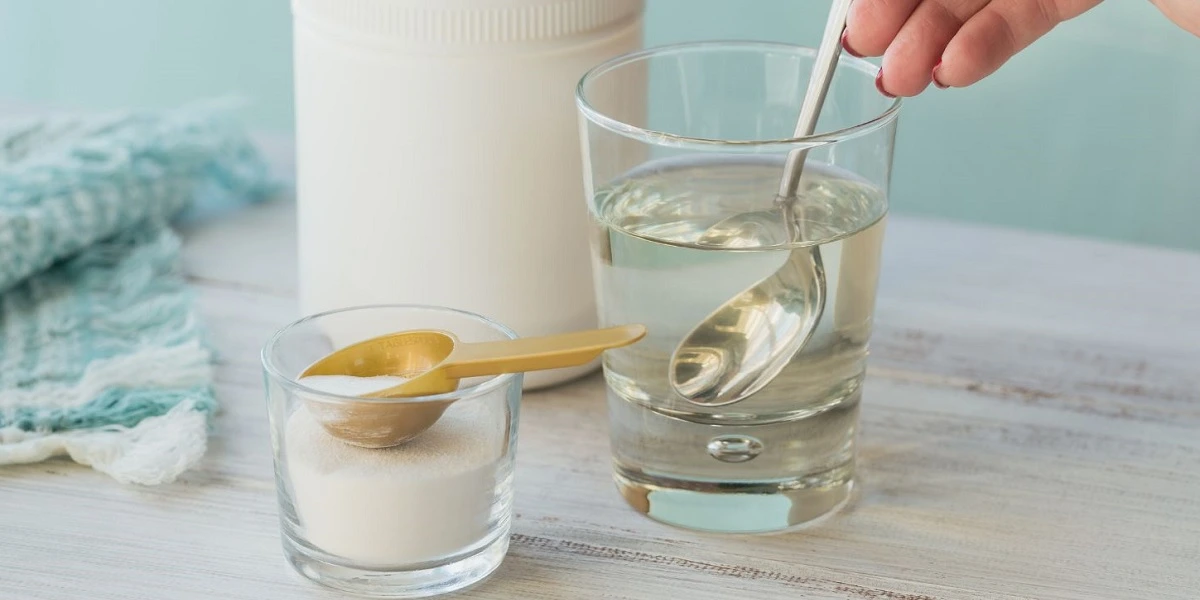Last Updated on: 22nd October 2024, 07:03 am
Salt Water Rinse For Toothache: The Complete Guide
Toothaches can be a truly annoying and unbearable experience. Often, patients look for home remedies while waiting for an appointment with their dentist. One of the most effective and oldest home treatments to relieve the pain is a salt water mouthwash. But how to prepare it, when to use it, and why does it work? In this article, we offer you answers and a detailed guide.

Why Use Salt Water for Toothache?
Salt water rinses have been used for generations to relieve toothaches and oral discomfort.
Salt water is a natural solution with antiseptic and anti-inflammatory properties. It not only helps eliminate bacteria in the mouth, but it also reduces inflammation, which is one of the main causes of dental pain. Indeed, studies have shown that a salt water mouthwash can be as effective as some commercial mouthwashes in reducing dental plaque and bacteria (Dental Research Journal, 2017).
Here’s why they work:
1. Reduces inflammation: Salt helps reduce inflammation in the gums and affected area, providing pain relief.
2. Kills bacteria: Salt has natural antibacterial properties. Rinsing with salt water can help kill bacteria in the mouth, potentially reducing the risk of infection.
3. Clean your mouth: Salt water rinses act as a mild antiseptic, helping to clean the mouth and remove debris and particles from the affected area.
4. Balance the pH: Salt can help balance pH levels in the mouth, creating a less favorable environment for bacterial growth.
While a salt water rinse may provide temporary relief, it is essential to remember that it is not a substitute for professional dental care. It may help relieve pain and discomfort temporarily, but the underlying dental problem must be treated by a dentist.

How to Prepare a Salt Water Rinse?
Ingredients
● Warm water (1 cup)
● Salt (1/2 teaspoon)
Steps
1. Gather your ingredients: You will need warm water and salt. Preferably use sea salt or table salt.
2. Mix the solution: In a glass, combine about half a teaspoon of salt with 8 ounces (240 ml) of warm water. Stir until the salt is completely dissolved.
3. Rinse your mouth: Take a sip of the salt water mixture and swish it around your mouth for 30 seconds to a minute, making sure it reaches the affected area.
4. Spit it out: After rinsing, spit the salt water into the sink.
5. Repeat as necessary: You can repeat this process every few hours or as directed by your dentist or healthcare provider.
Preparing a salt water rinse is a fairly simple and quick process. The only thing you need is salt and water. The most commonly recommended ratio is approximately half a teaspoon of salt for every cup of warm water. It is crucial to ensure that the salt dissolves completely in the water to maximize its effectiveness.
When and How to Use It
The best way to apply a salt water rinse is after each meal. This is a time when food particles and bacteria are most present in the mouth, and a good rinse can help remove them. Simply take a sip of the salt water rinse and follow the steps mentioned previously.
If you have a severe toothache, you can rinse your mouth with salt water several times a day. However, it is important not to overdo it. Too much salt water mouthwash can lead to tooth enamel wear due to the high sodium content.

Precautions to Take
It is essential to remember that although a salt water mouthwash is an effective home remedy for temporary relief from a toothache, it does not replace a visit to the dentist. If the pain persists or worsens, it is recommended to consult a dental health professional. Also, if you have hypertension or any other medical condition that requires monitoring your salt intake, consult your doctor before using this remedy.
As with any treatment, there are possible side effects to be aware of. Salt water mouthwash can be abrasive for people with sensitive gums or cuts in their mouth. In such cases, the solution should be diluted with more water to make it less concentrated.
When to See a Dentist
While these home remedies may offer temporary relief, they do not constitute a long-term solution. It is essential to schedule an appointment with your dentist when you experience a toothache, as it may indicate an underlying dental problem that requires professional treatment. Ignoring a toothache can lead to more serious problems in the future.
Conclusion
In short, salt water rinse for toothache is a simple and effective home remedy to relieve a toothache. It can help reduce inflammation, kill bacteria, and clean your mouth. However, it should be used as a temporary measure until you seek professional dental care. If the pain persists, consult a dentist for proper diagnosis and treatment. Remember that maintaining good oral hygiene and visiting your dentist periodically are essential to prevent toothaches and other dental problems.
Frequently Asked Questions
From a scientific perspective, rinsing your mouth with warm salt water helps relieve a toothache. It does this by regulating the pH balance in the oral cavity, creating a more alkaline environment. This change in pH makes it difficult for the bacteria responsible for toothaches that thrive in acidic environments to survive.
Rinse with salt water: Salt has more functions than simply reducing the presence of bacteria. A mouthwash with salt water at a moderate temperature can also clean the oral cavity of debris, dissolve pus around the infected area, and promote proper healing of the lesion. To make a rinse intended to treat a dental infection, simply combine half a teaspoon of salt with half a cup of warm water.
Scientifically, a mouthwash with warm salt water can mitigate toothache by shifting the pH balance in the oral cavity toward a more alkaline environment. This makes it difficult for the bacteria that cause toothaches to survive, as they prefer acidic conditions to thrive.
Hold the salt water in your mouth for about 30 seconds before expelling it. Perform this procedure every several hours to alleviate discomfort. The saline mixture helps eliminate irritating elements in the mouth and decreases inflammation.
Contact Us
If you have any questions about using salt water rinse for toothache or other dental topics, you can contact us at Channel Islands Family Dental as well as our page on Facebook. We look forward to your visit and we will make a timely diagnosis. Our dentists in Oxnard, Santa Paula, Ventura, Newbury Park, and Port Hueneme will be able to guide you toward the best treatment to take care of your health and give you back your best smile.
Bibliography
1. American Dental Association. (2021). Toothache.
2. Healthline. (2021). 10 Home Remedies for a Toothache That Really Work. https://www.healthline.com/health/dental-and-oral-health/home-remedies-for-toothache
3. Mayo Clinic. (2021). Toothache. https://www.mayoclinic.org/symptoms/toothache/basics/definition/sym-20050882
4. Segura-Egea, J. J., Gould, K., Şen, B. H., Jonasson, P., Cotti, E., Mazzoni, A., … & Bacterial Infections of the Endodontic Space Study Group. (2017). Antibiotics in Endodontics: A review. International Endodontic Journal, 50(12), 1169–1184. https://onlinelibrary.wiley.com/doi/full/10.1111/iej.12741
5. WebMD. (Apr, 2023).Toothache Home Remedies. https://www.webmd.com/oral-health/home-remedies-toothache
6. Steven Lin, DDS. (Jul, 2023). How to Make Your Own Salt Water Rinse for Gums. VerywellHealth.


